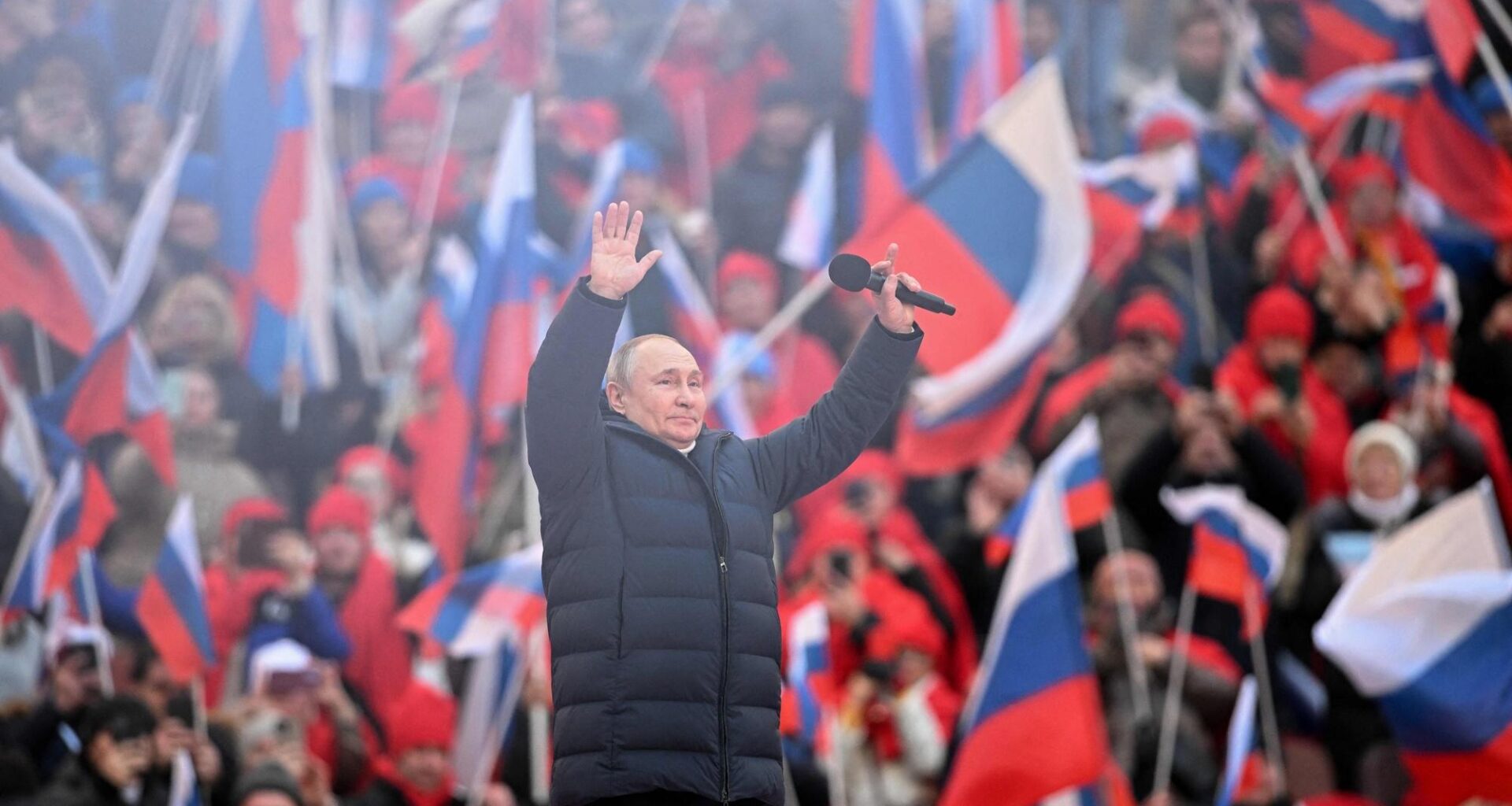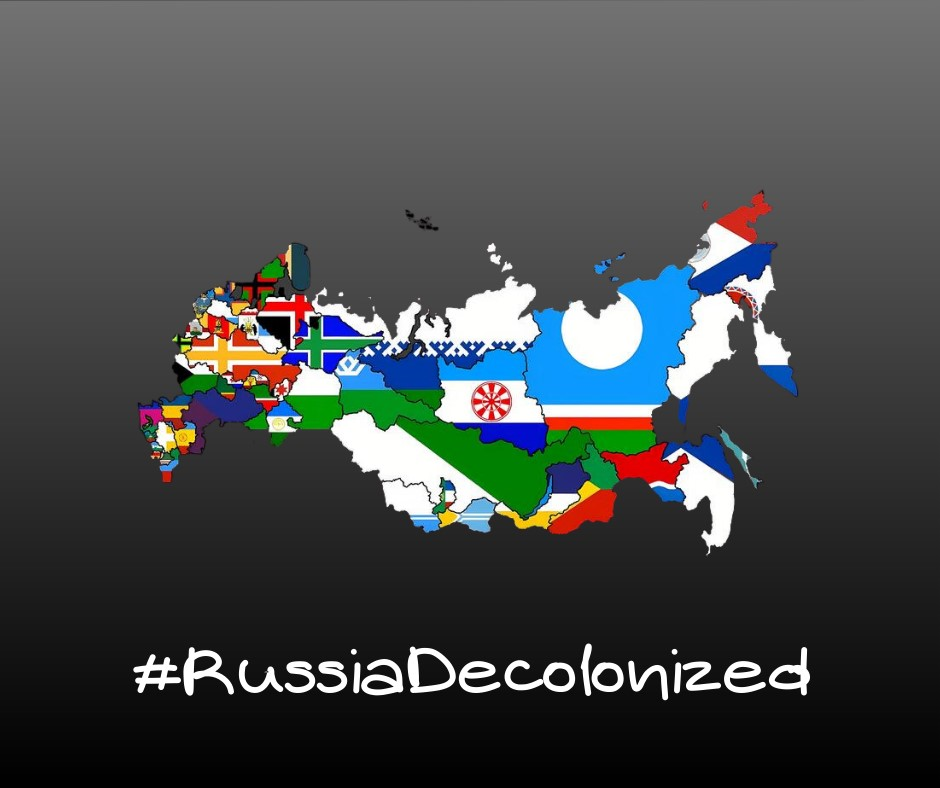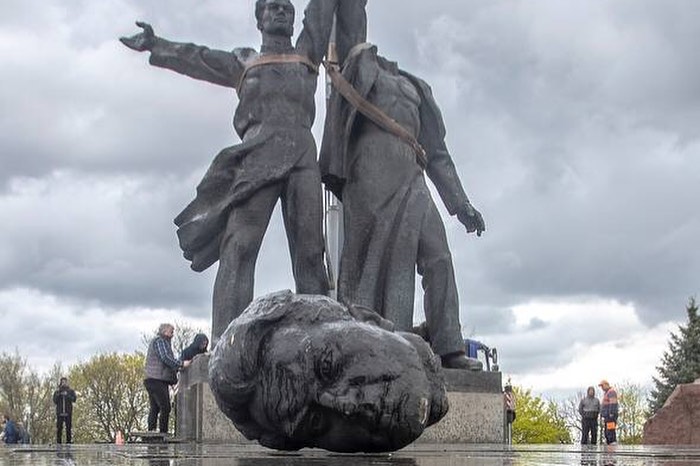To blame Putin for everything is an infallible reflex among the “leaders” of the so-called Russian opposition. Often echoed in Western capitals—by high-profile politicians, top-tier media, and the general public alike—this false paradigm ignores the vast country Putin commands. By omission, millions who live in it are granted a kind of spiritual immunity: misled, victimized, perhaps even hostage to tyranny.
This framing is seductive. It offers an embodiment of evil—which the wanted war criminal Putin truly is—but also a lightning rod for outrage and a shield from contending with collective responsibility.
A truism, frequently cited on social media, comes to mind: Putin didn’t create Russians; Russians created Putin.
He is a product and a manifestation of a society that reveres obedience over citizenship and glorifies state violence over accountability. Russian culture isn’t just ballet and literature; it is a culture in which the erasure of peoples, genocide, and cultural appropriation aren’t examined or condemned—but swept under the carpet or even celebrated.
Kasparov's challenge to the Russian opposition
While most opposition voices retreat into the comfort of blaming Putin alone, Garry Kasparov stands apart.
Unlike his fellow oppositionists, the chess grandmaster and political activist refuses to sanitize Russia's colonial nature or minimize the complicity of ordinary citizens.
"This is not Putin's war. This is Russia's war," Kasparov has repeatedly emphasized, challenging the comfortable narratives that shield Russians from confronting their shared responsibility.
His perspective stems not from a desire to condemn his compatriots, but from the recognition that genuine transformation requires honest reckoning with painful truths.
A quick look at history makes clear that a future Russia is unlikely to differ from its present—or its past—if its aggression once again goes unpunished.
What hides in plain sight is a classic colonial empire, not a nation with a set of shared values. Centered in Moscow, it drains blood and treasure from the provinces—better described as “internal colonies” like the Sakha Republic, Tatarstan, Bashkortostan, and Buryatia.
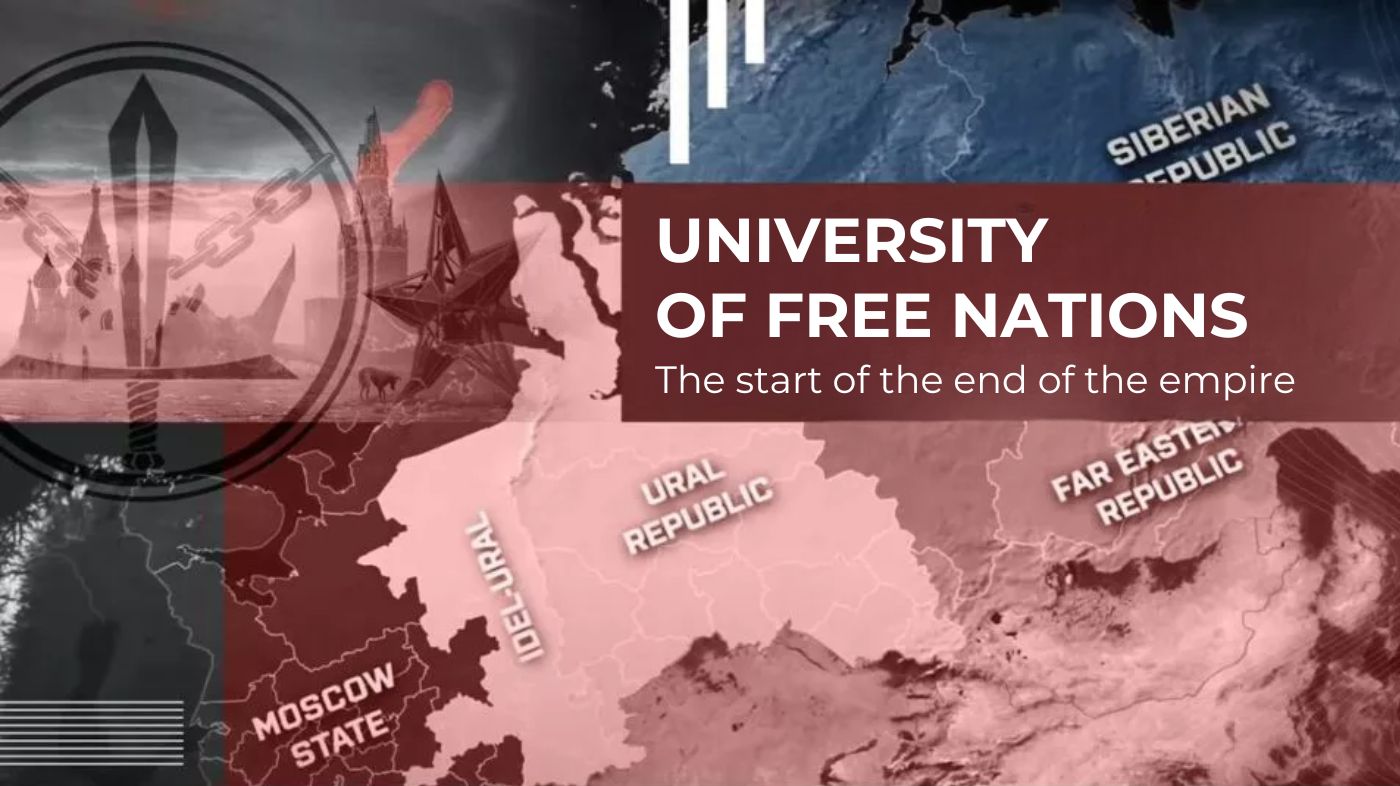
Inside Ukraine’s covert program preparing Russia’s minorities for independence
The legitimacy of this abusive, extractive, and murderous system is perpetually renewed through wars of conquest. The only people who can’t—or won’t—see it are the Russian oppositionists. Many demonstrate genuine personal courage worthy of admiration, but then go on to justify the unjustifiable and promise to reform the unreformable.
If the country’s best and brightest can’t envision themselves outside the Russian imperial ethos, what exactly are they opposing? They seem unable to imagine a future grounded in atonement—the kind that allowed Germany to recover from the imperial virus and reckon with the crimes of Nazism.
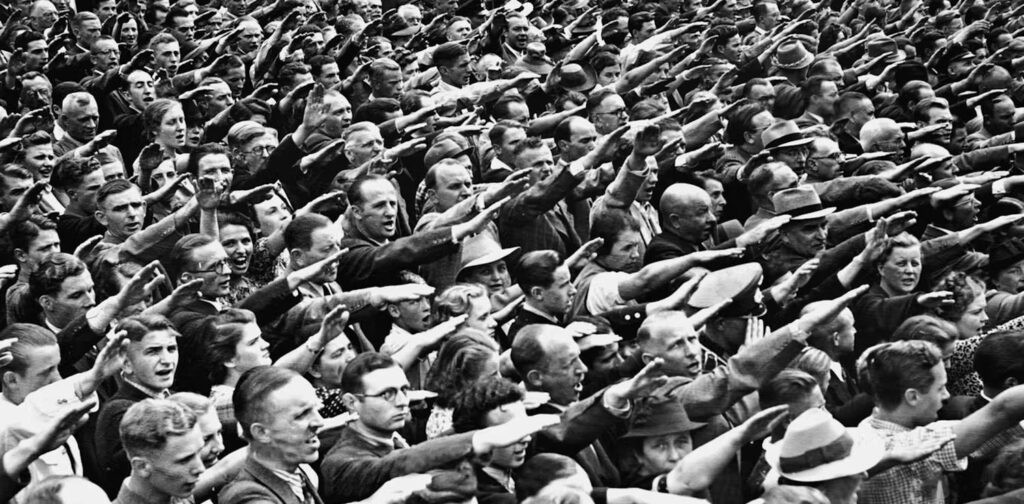
Instead, the worldview of prominent dissidents and self-proclaimed anti-Putinists remains shaped by a sense of undeserved exceptionalism and a refusal to acknowledge the societal ills that plagued Russia long before the lieutenant colonel of the KGB came to rule his country in 2012.
If I had to guess, it’s because they instinctively grasp that a unitary Russian state—essentially a Moscow-centered colonial system—is inseparable from the violence that sustains it.
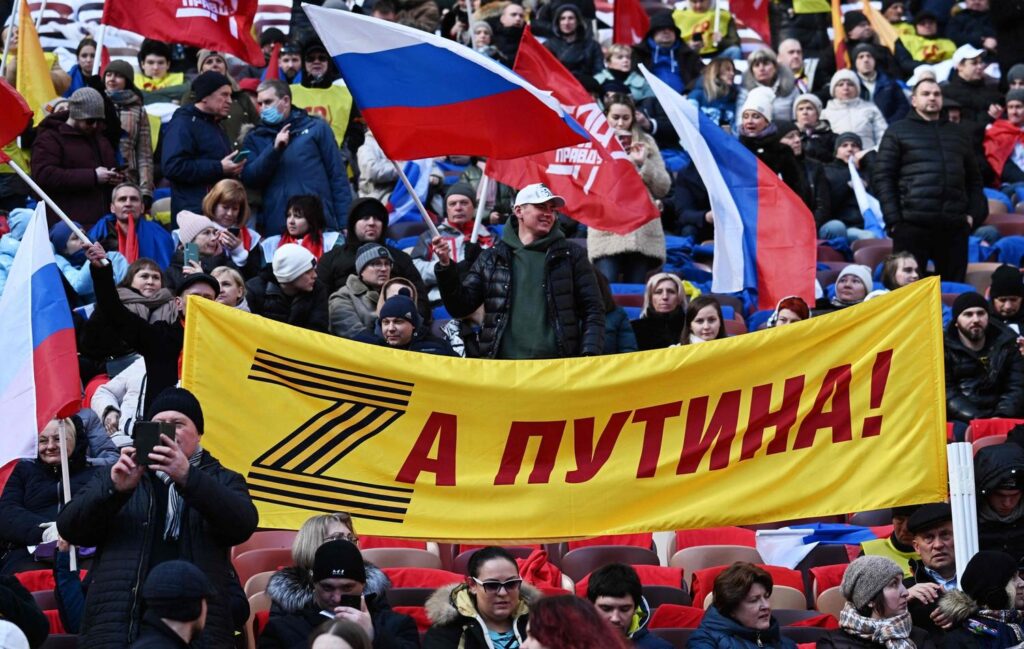
Be it the invasion of Ukraine, the Holodomor nearly a century ago, the extermination of Ichkerians, or the forced assimilation of native peoples in Dagestan, Kalmykia, or Karelia, the refusal to confront these crimes by Russia’s so-called “future leaders” signals not a desire for change, but a masked yearning for continuity with a bloodstained past.
Consider four passages – the words of those hailed as the moral counterweight to Putin. What they offer isn’t a real alternative, but a defense of the status quo packaged as dissent: a rebranded empire, a recycled sense of messianic purpose, and a demand to recognize Russia's “greatness”— an implied right, even duty, to invade neighbours and continue the oppression of internal colonies.
The mental acrobatics of Russia's opposition
Consider four passages – the words of those hailed as the moral counterweight to Putin.
What they offer isn't a real alternative, but a defense of the status quo packaged as dissent:
- a rebranded empire,
- a recycled sense of messianic purpose,
- and a demand to recognize Russia's "greatness"— an implied right, even duty, to invade neighbors and continue the oppression of internal colonies.
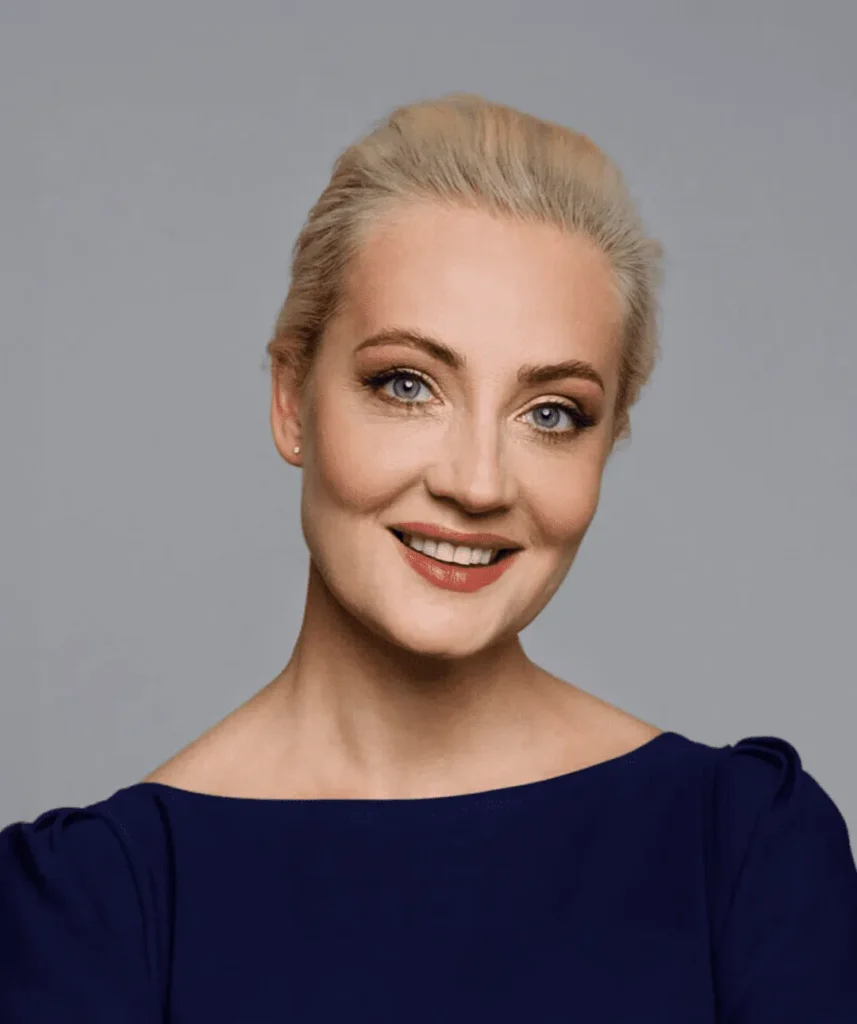
“There are those who advocate for the urgent ‘decolonization’ of Russia, arguing to split our vast country into smaller, safer states. However, these ‘de-colonizers’ can’t explain why people with shared backgrounds and cultures should be artificially divided.”
—Yulia Navalnaya, Bled Strategic Forum
At OBOZREVATEL in September 2024, Illya Yashin declared:
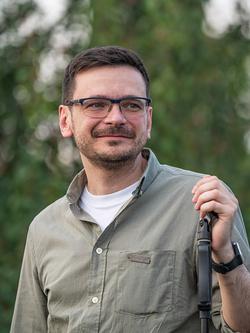
“The collapse of Russia would be a tragedy not only for our country and our people, but also, in fact, a major risk for the entire world... That’s why, as a Russian politician, as a patriot, I see my mission in finding a solution for post-putin Russia that preserves the country—changing the political regime, introducing democratic institutions, creating a completely different government, one that changes through rotation.
But I am against the disintegration of Russia. I consider that a tragic scenario.”
At the GLOBSEC Forum in June 2024, Mikhail Khodorkovsky claimed:
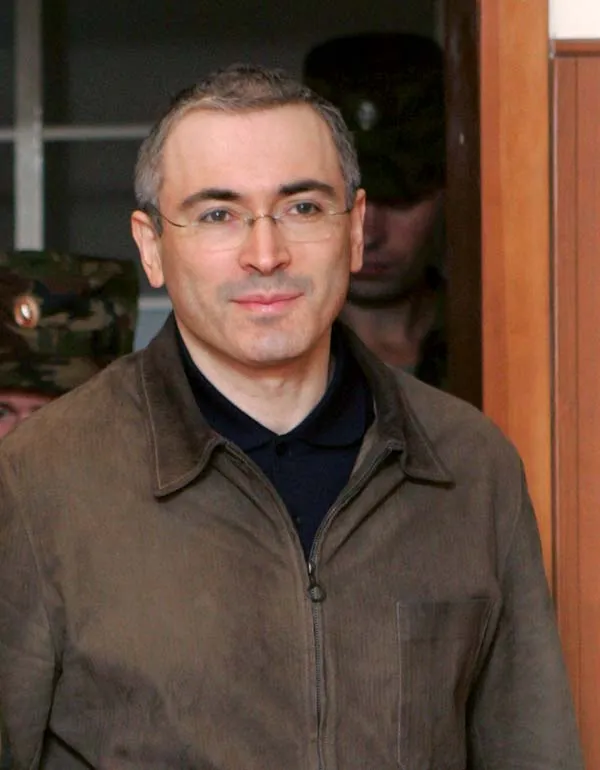
“Opposing the entire nation, even if it’s acting against the West, is wrong. Some people question how one can believe the war is solely driven by Putin and that Russians have no part in it.
While I’m aware of the polls and how many Russians support the war for various reasons, from a pragmatic standpoint, the West should not declare war on the Russian people as a whole. That would be a mistake.”
Even more troubling was Vladimir Kara-Murza's statement at the French Senate in April 2025:
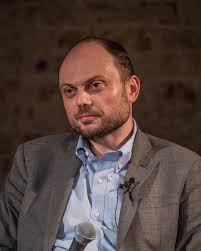
“I spoke with a colleague who works extensively with prisoners of war from both sides...
She told me there’s another reason why the Russian Ministry of Defense recruits so heavily from these national minorities: apparently, it’s psychologically very difficult for ethnic Russians to kill Ukrainians—because we’re the same. We’re the same people, very close, as everyone knows.
We have almost the same language, the same religion, centuries and centuries of shared history…But if the soldier comes from a different culture, apparently, it’s easier.”
These words constitute a consistent pattern: an instinct to preserve Russia as a geopolitical unit at all costs; to rob its people of agency; and to suppress conversations about the empire’s heinous colonial character.
These are not fringe positions. They are the dominant narrative among the very people the West holds up as the antidote to putinism.
Kasparov: a rare voice of moral clarity
Each time Garry Kasparov speaks about Russia's responsibility, he distinguishes himself from the chorus of oppositionists who refuse to confront the empire's colonial nature. Unlike many dissidents who enjoy Western platforms while maintaining imperial ambitions, Kasparov has consistently demanded that Russians—both inside and outside the country—face their complicity in the war against Ukraine.
As historian Franziska Davies notes, even in exile, the so-called “oppositionist leaders” tend to speak not with moral urgency, but with strategic calculation—working to restore the innocence of a society that is either directly involved in a criminal war, supportive of it, or complicit through apathy and inaction.
In an April 2025 Facebook post, Kasparov stated:
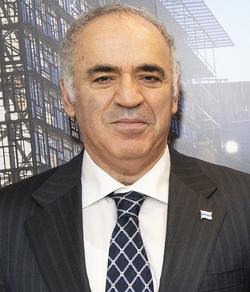
“The position of many of my fellow émigrés cannot withstand any serious criticism. This constant attempt to keep their white gloves clean — 'we have nothing to do with it' — is baffling. You do have something to do with it. We’re all in this shit, and this shit is on all of us. Stop pretending you have nothing to do with it. The longer you keep up the act, the more complicit you become in Putin’s crimes.
With every Russian strike on Ukraine, the shameful lie about 'Putin’s war' turns to dust. This is not Putin’s war. This is Russia’s war. Stop lying to the West that there is some kind of anti-war movement in Russia. Sure, there are some decent people — but they’re silent. And they’re just a handful against the backdrop of the masses. ...
Of course, all of us share some historical guilt for what’s happening. But far greater guilt lies with those who, living off grants, continue deceiving Western public opinion by spinning tales about some 'other Russia' that simply doesn’t exist.
War has become routine. Killing has become routine. And it’s our duty to scream that killing must never be normalized. Putin is a war criminal, and every person working for him is a war criminal. Any attempt to blur this picture makes you an accomplice.
Today’s Putinist Russia is an enemy — just like Nazi Germany was. That’s why we must help Ukraine win this war. And yes, Ukraine must be given missiles capable of striking Moscow City. That is a principled position that every person who considers themselves a Russian patriot should take.”
When compared to the mealy-mouthed statements of other opposition figures, Kasparov’s words expose the evasions, half-truths, and moral laundering that dominate the conversation about Russia's future.
What makes Kasparov's perspective particularly valuable is that it offers a framework for genuine transformation, echoing Germany's approach, where confronting collective guilt became the foundation for rebuilding a democratic society.
It’s tempting to see Putin as the root of all evil and to imagine that his removal will somehow cleanse Russia of its crimes or open up a new path towards “normalcy.” But until this delusion is confronted directly, Russia will remain what it has always been: not a nation temporarily gone astray, but a violent empire, fundamentally unchanged since its founding—and still in denial.
The West must stop indulging fantasies about a mythical "other Russia." There is no shortcut to justice. There can be no democratic future without decolonization. And there is no peace until Russia—not just Putin—is held accountable.
Editor's note. The opinions expressed in our Opinion section belong to their authors. Euromaidan Press' editorial team may or may not share them.
Submit an opinion to Euromaidan Press

